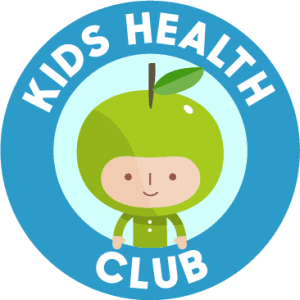Healthy Children – Develop A Love For Veggies Before Birth
Do you want your child to love their veggies? Well, you need to start early. In fact, what a woman eats during pregnancy not only nourishes her baby in the womb, but may also shape the food preferences of her child later in life. At 21 weeks following conception, your growing baby begins to gulp down several millilitres of amniotic fluid daily. That fluid surrounding your baby is actually flavoured by the foods and beverages you have eaten in the previous few hours. Consequently, eating a variety of foods throughout the day will help you to get the nutrients you...











 Kids Health Club
Kids Health Club